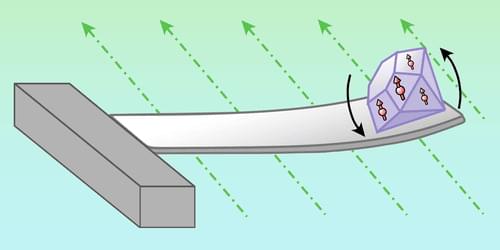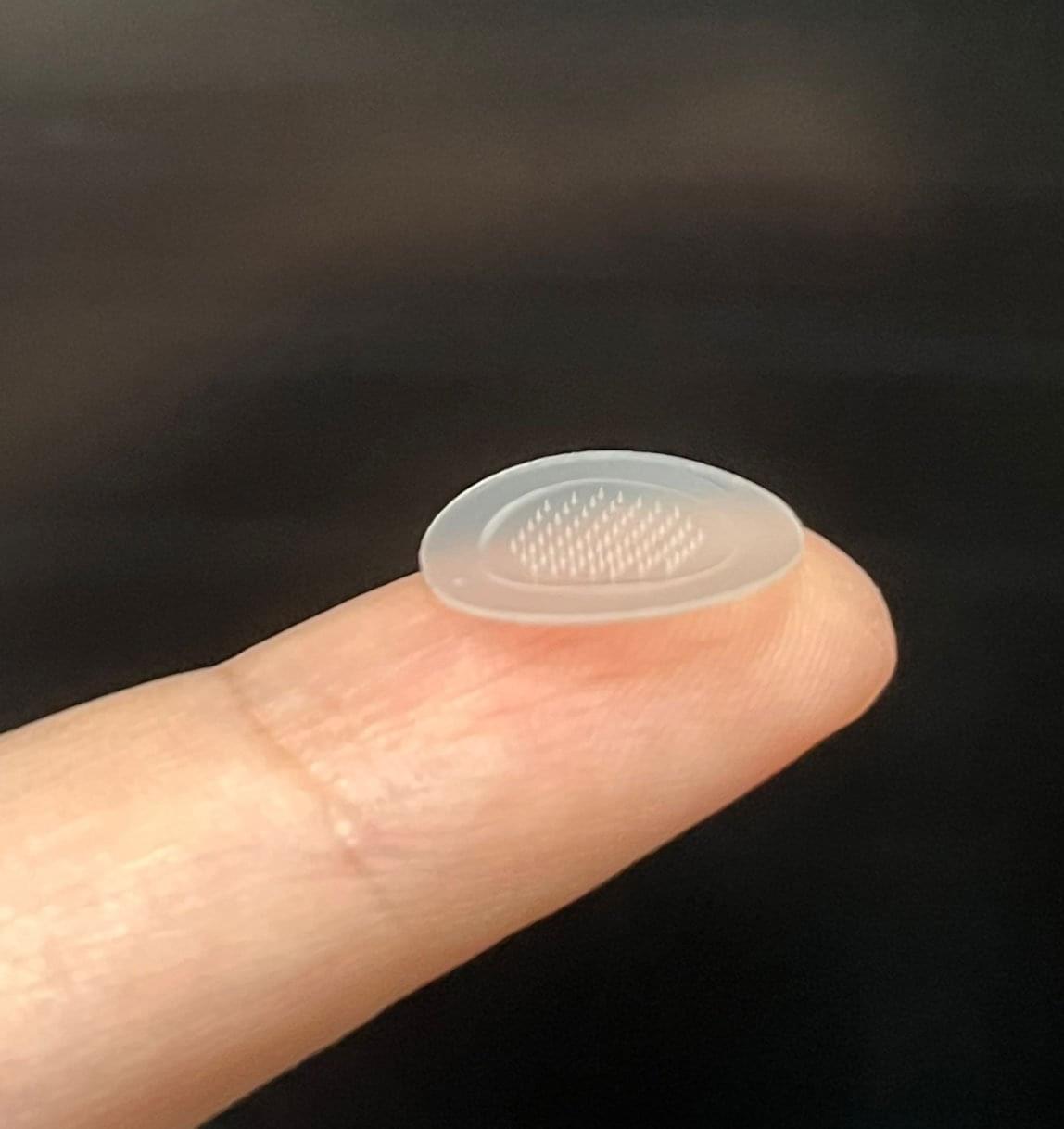Category: futurism – Page 78


Microsoft waives fees for Windows devs publishing to Microsoft Store
Microsoft announced that, starting today, individual Windows developers will no longer have to pay for publishing their applications on the Microsoft Store.
The company said that developers can now submit Win32 (including. NET WPF and WinForms), UWP, PWA,.NET MAUI, or Electron apps to the Microsoft Store without paying any registration fees.
Redmond will also handle each app’s hosting and signing, eliminating the need for developers to pay for these services.






